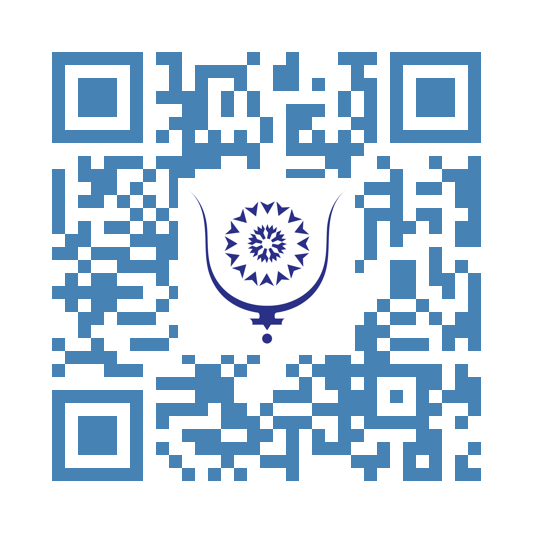Informal Economy in Morocco: Wealth-Creating Liberalism and a Social Pillar 4740
The World Bank’s regional report, published in April 2025, presents the informal economy in Morocco as a major obstacle to economic development, highlighting that 83% of businesses operate outside the legal framework. According to this institution, this situation limits growth, productivity, and the formalization of the private sector.
This viewpoint, which likely conflates informal economic activity with economic fraud, while supported by data on sluggish growth and structural challenges, deserves a more nuanced critique. It should shed light on the positive and dynamic aspects of the informal economy—as an expression of wealth-creating liberalism, a social safety valve, a job creator, and a factor of political stability.
The narrative advanced by the World Bank on this matter should be approached with caution.
Recognizing the economic significance of the informal sector would allow for a more intelligent reassessment of growth metrics, making them more realistic and grounded. For example, Morocco’s growth rate would likely be much higher than officially reported.
Contrary to the portrayal of the informal economy as a burden, it plays a crucial role in job creation and income generation, especially for a large segment of the population. Estimates suggest the informal sector accounts for between 60% and 70% of total employment in Morocco and contributes 40% to 60% of GDP, with a strong concentration in micro-services and micro-commerce, which make up 91% of informal jobs. This dynamic reflects a form of spontaneous economic liberalism, where individual actors—often sole artisans or small traders—engage in entrepreneurial activities without waiting for state intervention or regulation.
Thus, the informal economy is a concrete manifestation of economic liberalism in the Adam Smithian sense, where the “invisible hand” organizes exchanges and harmonizes individual and collective interests, thereby contributing to overall wealth. It enables millions of Moroccans to survive, escape unemployment, and participate in economic life, representing a grassroots wealth-creating liberalism rather than a flaw.
The informal economy also functions as an essential social safety valve. In the absence of strong social protections such as unemployment insurance or social welfare—which are only beginning to be implemented—it provides a safety net for vulnerable populations, particularly in rural and poor urban areas. This social function contributes to political stability by preventing frustrations linked to unemployment and poverty from escalating into major social tensions.
Has the Economic, Social and Environmental Council (CESE) not emphasized that the informal sector supplies goods and services tailored to the purchasing power of modest-income classes, thereby avoiding deeper economic exclusion? This social regulation through informality is a factor of cohesion and resilience in the face of economic crises—a fact made evident during the COVID-19 pandemic.
The informal economy also offers a flexibility that the formal sector cannot always guarantee. Formal enterprises sourcing from informal suppliers benefit from lower production costs, greater flexibility in volumes and deadlines, and can thus improve their competitiveness, including in export markets. This interplay between formal and informal sectors creates an economic ecosystem where economic liberalism fully expresses itself through freedom of initiative and the pursuit of efficiency.
The dominant criticism linking informality to low productivity and unfair competition overlooks that the informal sector often reflects a pragmatic, intelligent, and innovative adaptation to heavy institutional and regulatory constraints. This is human ingenuity driven by survival instincts.
Simplifying procedures, reducing tax burdens, and improving the institutional environment can encourage formalization, but it must also be acknowledged that informality is a creative and liberal response to existing obstacles.
Morocco’s informal economy should not be viewed as a developmental hindrance but as a living expression of wealth-creating economic liberalism, a job engine, and an essential social safety valve. It contributes to political stability by offering economic opportunities to marginalized populations and fostering social cohesion. Confronting this economy with restrictive measures—while it creates wealth—instead of adopting flexible policies that adapt to real needs and constraints, risks stifling initiative and fueling social unrest. Rather than seeking to eliminate it, public policies would benefit from recognizing its role and supporting its gradual integration into the formal fiscal economy, while preserving its capacity for innovation and adaptation. In doing so, the informal sector could become a true lever for inclusive and sustainable development in Morocco.
The World Bank and others—whether government officials or representatives of the so-called formal economy—are largely mistaken in condemning this creative economic sector without appreciating its real contributions to the population. The Moroccan government, and likely those of similarly situated countries, should disregard ill-informed or detached opinions. Instead, they should support this economy with accompaniment and tolerance, guided by a vision of progressive inclusion and integration into the formal economic fabric.




